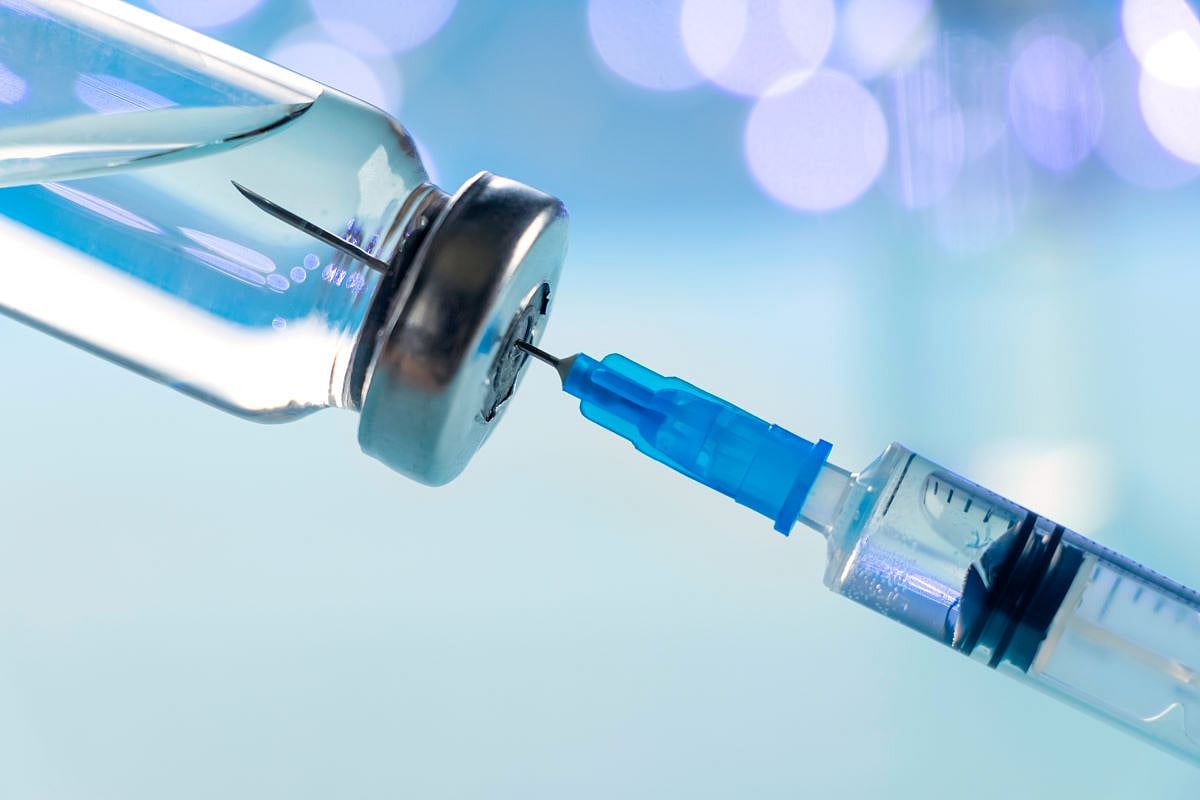Submit your contact info here or click the "Contact me about Sync" button below and we will reach out to you with more information.
Manténgase sano!

- Dennis Thompson
- Posted November 15, 2024
Chlamydia Vaccine Shows Early Promise in Mice
An experimental vaccine has shown promise in protecting against the sexually transmitted disease chlamydia, researchers report.
Lab mice given the vaccine were able to rapidly clear subsequent chlamydia infections, and were less likely to develop severe infections compared with unvaccinated mice, researchers reported Nov. 11 in the journal npj Vaccines.
The vaccine contains chlamydia whole-cell bacteria that have been killed using radiation, the study authors added.
Although killed with radiation, the bacteria prompt an immune response because they’ve been protected by a powerful antioxidant, the study explained. The antioxidant keeps the surface proteins needed to produce an immune response intact, while killing off the bacteria itself.
The antioxidant protection created a whole-cell chlamydia vaccine that increased antibody levels more than 16-fold in mice.
On the other hand, vaccines made without the antioxidant produced low levels of antibodies.
“All of these findings just make sense to me,” said lead researcher George Liechti, a professor with the Uniformed Services University of the Health Sciences' Department of Microbiology and Immunology in Bethesda, Md. “If you want an effective whole-cell chlamydia vaccine, then you should probably try not to cook, zap or otherwise damage the surface antigens that it relies on.”
More than 1.6 million chlamydia infections occurred in 2022, researchers said in background notes. Most of the reported cases occurred in young women ages 15 to 24.
Women with untreated chlamydia have a higher risk of becoming infertile due to pelvic inflammatory disease, according to the U.S. Centers for Disease Control and Prevention.
Efforts to develop a vaccine for chlamydia go back nearly 80 years, researchers said in a university news release.
Field trials in the 1960s found that a whole-cell chlamydia vaccine could in some cases make a person more likely to become infected with the STD. As a result, efforts to develop a whole-cell vaccine were largely abandoned.
But recently, researchers discovered that the various procedures used to kill off the chlamydia bacteria in preparing a virus -- chemical exposure, boiling, radiation, ultraviolet light - all significantly damage the surface of the cells, making it less likely they’ll produce an immune response.
It still will be some time before any chlamydia vaccine is ready for testing in humans.
“Our findings thus pave the way for a new generation of whole-cell, multivalent Chlamydia vaccines, offering a promising strategy to combat a major global health challenge,” the researchers concluded.
More information
The U.S. Centers for Disease Control and Prevention has more about chlamydia.
SOURCE: Uniformed Services University of the Health Sciences, news release, Nov. 12, 2024







